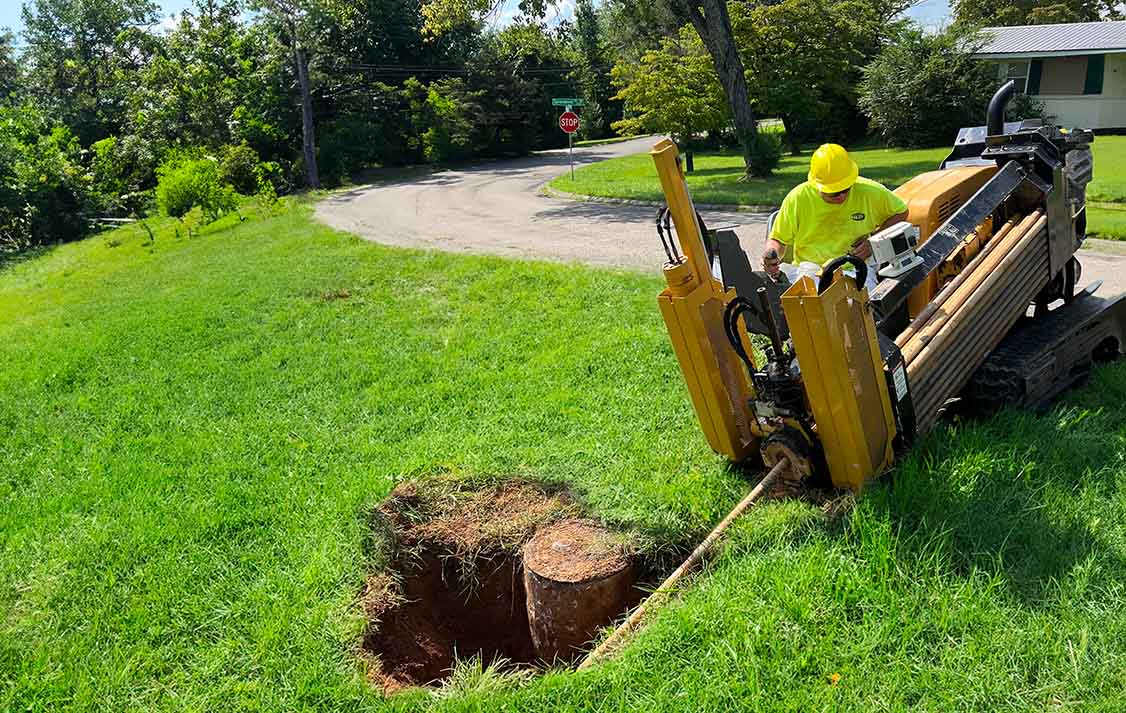

Burst Pipes
Your trusted partner for professional home services. Quality workmanship, guaranteed satisfaction.




- HEP
- Burst Pipes
Burst Pipes | Emergency Plumbing | Plumbing | Andersonville
When a pipe bursts in Andersonville, seconds feel like hours. That’s why HEP keeps licensed, background-checked technicians on standby 24/7, stocked with cutting-edge leak-detection gear and every size of pipe, fitting, and valve. One call launches a rapid response that shuts off the water, repairs or replaces the damaged line, and safeguards your drywall, flooring, and belongings from costly flood damage—all while you watch the water worries disappear.
Neighbors serving neighbors is more than a slogan; it’s the reason we arrive fast, quote fair, and clean up like we were never there. From century-old copper hidden behind plaster to modern PEX in a new addition, HEP delivers the steady hand and clear communication you need during an emergency. So when you need emergency plumbing in Andersonville, skip the panic and dial the hometown team that turns burst-pipe chaos into calm confidence.
FAQs
What immediate steps should I take when a pipe bursts in my Andersonville home?
First, shut off the main water supply valve—typically located in the basement or utility closet—to stop additional flooding. Next, turn off electricity to any affected areas if water is near outlets or appliances. Open cold-water faucets to relieve pressure and help drain the system. Move valuables and furniture away from the leak, lay down towels to contain water, then call our 24/7 emergency plumbing line. While you wait for our technician, you can start documenting the damage with photos for insurance purposes and, if safe, use a wet/dry vacuum or mop to remove standing water.
How fast can your emergency plumbers reach my property in Andersonville?
Because we station fully stocked service vans on Chicago’s North Side, our certified technicians typically arrive anywhere in Andersonville within 60 minutes—often sooner during off-peak traffic hours. Our dispatch center uses GPS tracking to assign the closest crew, and we operate 24 hours a day, 365 days a year, including holidays and severe-weather events. When you call, we’ll provide a live ETA, text you the plumber’s name and photo, and keep you updated until help is at your door.
Will my homeowner’s insurance cover the cost of burst-pipe repairs and water damage?
In most cases, standard homeowner policies cover sudden, accidental water discharge from a burst pipe, including water-damage remediation to floors, walls, and belongings. Insurance usually does NOT pay to fix the worn or frozen pipe itself, but it will pay for the resulting damage and emergency tear-out work needed to access the pipe. We assist by providing detailed invoices, moisture-mapping reports, and photographs for your adjuster, and we can communicate directly with your insurer to streamline the claims process.
My Andersonville property is an older brick building. Can you handle historic or galvanized piping systems?
Yes. Many Andersonville homes built before 1950 still have galvanized, lead, or mixed-material plumbing. Our licensed plumbers are trained to work in historic structures, from brownstones to greystones. We use minimally invasive leak-detection tools (thermal imaging, acoustic sensors) to pinpoint breaks without unnecessary demolition. Depending on pipe condition, we can perform spot repairs, install modern copper or PEX replacement lines, and advise on full or partial repiping that meets Chicago and Illinois plumbing codes while preserving your home’s architectural character.
What warning signs indicate I might have a hidden burst or leaking pipe?
Not every burst pipe gushes visibly. Watch for unexplained spikes in your water bill, a sudden drop in water pressure, discolored or bubbling paint and plaster, sagging ceilings, persistent musty odors, mold growth, or the sound of running water when fixtures are off. Warm spots on floors may signal a ruptured hot-water line. If you notice any of these symptoms, shut off your main water and call our emergency team for leak detection before structural damage escalates.
How can I prevent pipes from bursting again during Chicago’s freezing winters?
• Insulate exposed supply lines in basements, crawl spaces, and unheated walls with foam sleeves or heat tape. • Keep your thermostat at 55 °F (13 °C) or higher, even when you’re away. • On nights below 20 °F, open cabinet doors under sinks and let a small trickle of cold water run to maintain flow. • Seal foundation cracks and gaps around pipe penetrations to block freezing drafts. • Drain and shut off outdoor spigots before the first hard frost. • Install a pressure-reducing valve if your home experiences high municipal pressure. • Schedule annual plumbing inspections—our preventive service includes thermal imaging to catch weak spots before they rupture.